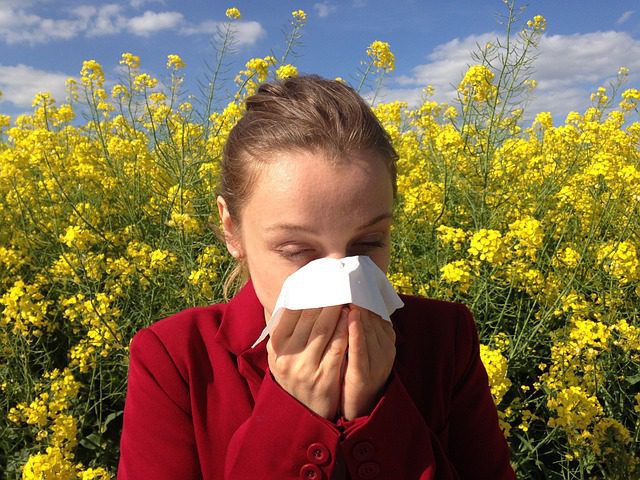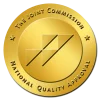Let’s face it: seasonal allergies are a bummer.
Just as the weather starts getting nicer and you might be feeling excited to get outside for some fun in the sun, your whole head clogs up. Your nose is stuffy, your eyes water, your head hurts. Suddenly, the blooming plants and gentle breezes just seem like a laboratory for producing substances carefully designed to make you feel miserable.
Here is something else that is true: Mental health disorders—like depression or anxiety—are also a bummer. A mental health issue can make it difficult for you to enjoy life, robbing you of energy and optimism. In some cases, it can be hard to convince yourself to do much of anything—even something you were looking forward to. You want to be upbeat, but you just feel miserable.
While both allergies and mental health disorders have the ability to make a person feel lousy, as a general rule we don’t think of them together. The causes of allergies and mental health issues seem quite disparate, so we seldom have occasion to consider them side by side.
But that might be changing. In a recent New York Times article titled “The Connection Between Seasonal Allergies and Mental Health,” wellness reporter Christina Caron looks at recent studies that suggest a link between hay fever and mood disorders. It seems the two might go together after all.
How Allergies Might Impact Mental Health
In her reporting, Caron notes that, “Allergies often make us feel crummy. They affect our sleep, energy levels, sense of smell, metal sharpness, and productivity.” She quotes Dr. David A. Gudis, chief of the division of rhinology and anterior skull base surgery at NewYork-Presbyterian/Columbia University Irving Medical Center, pointing out what might seem pretty obvious: ““Anytime you don’t feel well, that’s a psychological stressor.”
But that is not the whole story. As Caron reports:
[E]xperts believe that inflammation is also to blame.
If someone is allergic to tree pollen, for example, and that pollen reaches the membranes lining the nose, it prompts the immune system to release a cocktail of substances that can create inflammation in the body’s airways and brain.
Regarding this “cocktail of substances,” Caron quotes Dr. Todd Gould, a professor of psychiatry at the University of Maryland School of Medicine: “Among these substances are proteins called cytokines, which the body produces to fight certain infections. These cytokines activate areas of the brain that regulate depression and anxiety.”
So studies seem to suggest that allergy-induced inflammation can be directly connected to mood disorders.
A Connection, but Not Necessarily a Sole Cause
It is important to note that no one seems to be arguing that allergies by themselves lead to mental health disorders. Nevertheless, the connection seems well established. Caron reports:
While there is no evidence that seasonal allergies alone can cause mood disorders, experts around the world have repeatedly found a connection between the two.
Studies in the United States, for example, have suggested that allergy sufferers are around one and a half times as likely to have major depression, a link that is particularly strong among women. Observational studies have found that allergic rhinitis is associated with a high risk of anxiety. And researchers in Taiwan have reported that allergic rhinitis was associated with a higher risk of psychiatric disorders in adults.
Given this connection, what should you do if you are suffering from seasonal allergies? The answer probably will not come as a surprise.
Allergies? Mental Health Disorders? Both? Time to See the Experts
Your doctor and/or therapist are the people best able to help you navigate a possible connection between your seasonal allergies and any mental health disorders you may be experiencing. Having open and honest conversations about how you are feeling can help your treatment provider find the best options for you so that you can experience relief from the symptoms of allergies and the symptoms of disorders like anxiety or depression.
The Help We Provide is Nothing to Sneeze at
At Johnstown Heights Behavioral Health in Colorado, we help individuals make improvements to their mental health by providing personalized, evidence-based care. We will listen intently to you and find the right approachto treatment for your specific needs. If you are struggling with a trauma-induced disorder, depression, anxiety, or another mental health problem, we can help you make steady, sustainable progress toward mental well-being. When you are ready to get going on your mental health journey, we are ready to help point the way.







